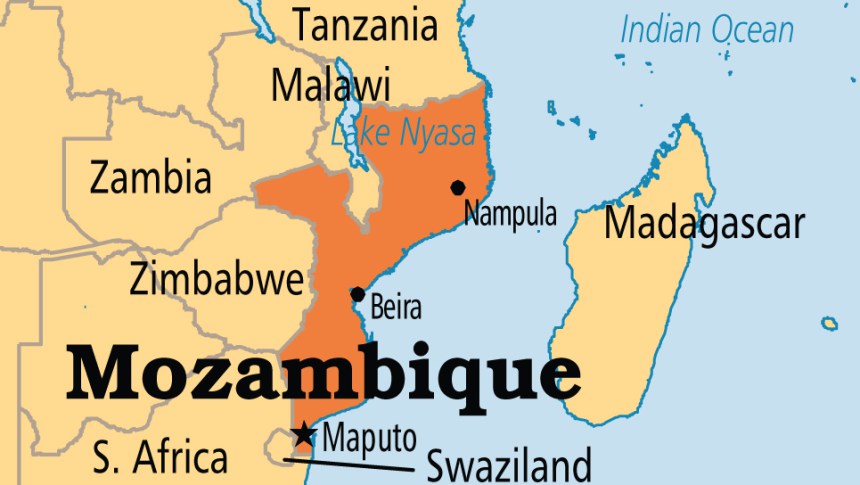
Critics say Mozambique is targeting independent media with new laws, fees

Mozambique is the latest African state to put a high price tag on the right to report the news. Later this month, a new set of laws are expected to go into effect that will create exorbitant fees for both news outlets and individual reporters.
The move makes Mozambique’s already limited media space even smaller. Print, radio, and television news are dominated by state outlets. Radio is the main source of information for the majority of Mozambicans, and outside the cities, it is often the only source. Under the proposed regulations, new national radio stations will need to pay about $35,000 to secure a broadcast license. Fees for a community station will cost $830.
“There is no justification for a community radio fee to increase 100,000%, except for the fact that the government wants to close it down, having tried and failed all other methods, including physical intimidation,” Erik Charas, founder of the independent newspaper and news site Verdade, told Zitamar News, an independent news agency operated from Maputo and London.
Establishing an independent local publication will now cost $3,300, and existing media companies will need to pay between $34,500 and $69,000 to adjust their licenses to the new rules. Establishing a new television station will cost nearly $52,000, according to Zitamar.
It’s unclear whether the new laws will affect international television operators, like Portuguese television’s African service RTP Africa and South Africa’s DStv, both of which carry news broadcast services in some form.
The new regulations will require foreign correspondents living in Mozambique to pay more than $8,600 per year to report from the country, according to an August 15 statement from Amnesty International.
Local freelancers will be required to pay at least $500. Local journalists working for a foreign outlet will have to pay $3,500 in accreditation fees, while foreign freelancers will pay $2,500, according to another report.
“When local and international journalists stop telling stories about the country, due to the cost involved, it is the public that will suffer as a result of a lack of information,” said Amnesty International’s regional director for southern Africa Deprose Muchena.
Charras and others fear that the timing of the new legislation signals that the country wants to crack down on media freedom ahead of elections in October 2019. It’s a strategy that has already succeeded in silencing dissent in Uganda and Tanzania—making it too expensive to speak out.






